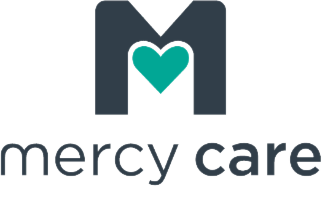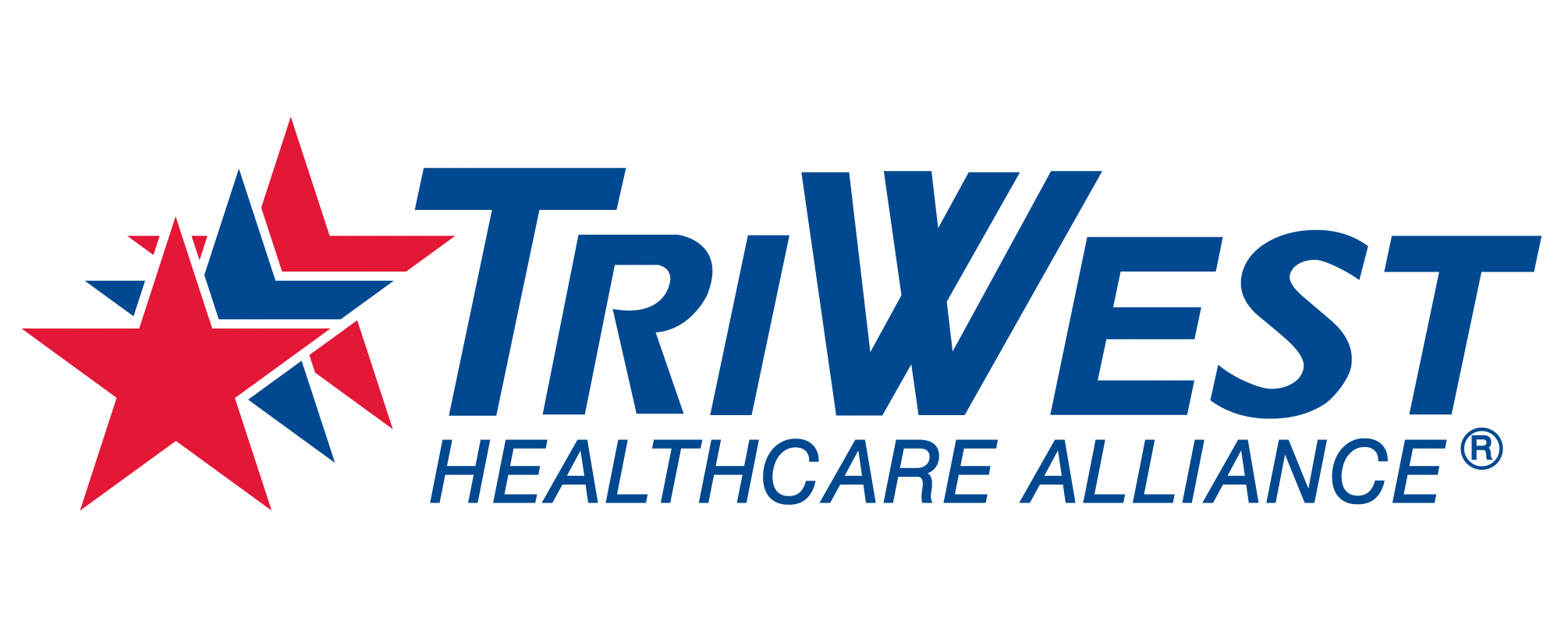Every day, more than 115 Americans die from opioid overdoses. We’re now seeing a nationwide epidemic of illicit opioid use in addition to prescription painkiller abuse.
Methadone treatment can dramatically support heroin and opioid detoxes. It can also treat severe pain in medical settings. However, methadone withdrawal can be a frightening, painful, and frustrating experience.
Let’s get into what you need to know.
What Is Methadone?
In its prescribed form, methadone can treat severe pain. In fact, it was initially created during World War II to treat people with severe pain conditions.
In recent years, it has been used to treat heroin or other opioid addiction.
Methadone belongs to the class of opioids. That means it can also be habit-forming, and people can become addicted to methadone while weaning from other opioids.
Methadone comes in various forms, including tablets, powders, or liquids. If taken illegally, people may inject it. This method can dramatically increase the chance of overdosing.
Methadone essentially blocks the euphoric high one receives from drugs like heroin, oxycodone, or morphine. It replaces the opioids in your system with milder effects.
Drinking alcohol or using other substances while on methadone is extremely dangerous and can lead to fatal side effects.
Understanding Medication Assisted Treatment
Alcohol and drug addiction can be crippling. Most users struggle with intense cravings to use, even if they have the desire to stop.
Medication-Assisted Treatment (MAT) can manage cravings and withdrawals. When used appropriately, it can allow people to improve their quality of life- and manage to stay sober from the abused drugs of choice.
Today, there are numerous options for medication-assisted treatment including:
- Methadone
- Buprenorphine (also known as Suboxone)
- Naltrexone
Methadone has been prescribed since the 1950s to treat opioid addiction. Like most recovery methods, it has its various pros and cons.
What is Methadone Therapy?
Methadone can be easily misused, and people overdose on it often. Therefore, only government-approved treatment programs offer methadone therapy.
In this process, a doctor assesses one’s methadone intake and response to determine whether the process will be safe. The doctor places the client on a taper until the body no longer needs the methadone.
If one stops suddenly taking methadone, withdrawal symptoms will emerge.
What Are the Withdrawal Symptoms?
Methadone withdrawal symptoms typically manifest 24-36 hours after taking the last dose. Like all opioids, common withdrawal symptoms include:
- fatigue
- anxiety
- depression
- restlessness
- watery or a runny nose
- watery eyes
- trouble sleeping
After about 2-3 days, the symptoms typically elevate into more distressing, flu-like reactions, such as:
- goosebumps
- severe nausea and/or vomiting
- muscle aches and bone pain
- diarrhea and/or constipation
- intense drug cravings
- cramping
- itchiness
- intensified depression or anxiety
- appetite problems
These symptoms escalate during the first week of detox. However, the complete withdrawal process can take several weeks or months. For example, people may experience issues related to mood dysregulation, sleep problems, or appetite issues long after the physical detox concludes.
It should be noted that withdrawal tends to be incredibly distressing and painful. When unsupervised, the risk of returning to drug use is incredibly high.
The Detox Process For Methadone Withdrawal
If an individual was prescribed methadone to assist with withdrawal, he or she might be prescribed 10-20 mg for the first few days of detox.
The doctor eventually lowers the dose to about 2 mg. After the individual starts taking a very low dose, doctors may switch to another detox medication, such as naltrexone.
If an individual seeks treatment for methadone addiction, doctors may prescribe other medications, such as anti-anxiety medication and buprenorphine.
The combination of these medications can ease withdrawal symptoms. They can also reduce associated symptoms of anxiety or depression.
The Risks Of Quitting Cold Turkey
Most addiction professionals advise against quitting opioids, such as methadone, cold turkey.
First, the withdrawal symptoms can be more intense without a proper tapering schedule. Second, the individual may face a greater chance of relapse if he or she doesn’t have the monitoring or support needed to aid the early stages of sobriety.
If the individual has other polysubstance issues (such as drinking alcohol or taking other illicit substances), the detox process may require specialized medical attention.
Finally, if medical issues, like diabetes, heart disease, or autoimmune disorders exist, these symptoms could flare during detox.
Thus, the cold turkey method can be incredibly dangerous. For a safe peace of mind, it’s always best to reach out for professional support.
Deciding to Quit Methadone
The decision to wean off methadone is a very personal one. After all, the drug itself is controversial. For some, it can help them live productive lives without the stress and chaos associated with their drugs of choice.
Others, however, may consider methadone therapy as ‘trading one drug for another.’ Because it is still an opioid, it can be controversial to determine how it fits into one’s sobriety. Furthermore, it can represent a slippery slope for potential abuse and addiction.
It should be noted that there isn’t a one-size-fits-all approach. Ideally, you should consult with a doctor and therapist to explore your best options.
Regardless, the journey of sobriety represents a lifelong one. Even if you aren’t ready to make your decision today, reaching out for support can help you tremendously.
Final Thoughts on Methadone Withdrawal
Methadone withdrawal can be a complicated and scary process. Receiving the best support, monitoring, and supervision can make a profound difference in easing this discomfort.
At SMC Recovery, we pride ourselves in helping clients abstain from all substances of abuse. We offer medication-assisted treatment and support people seeking to taper off Methadone.
Contact us today for more information about our facility.







